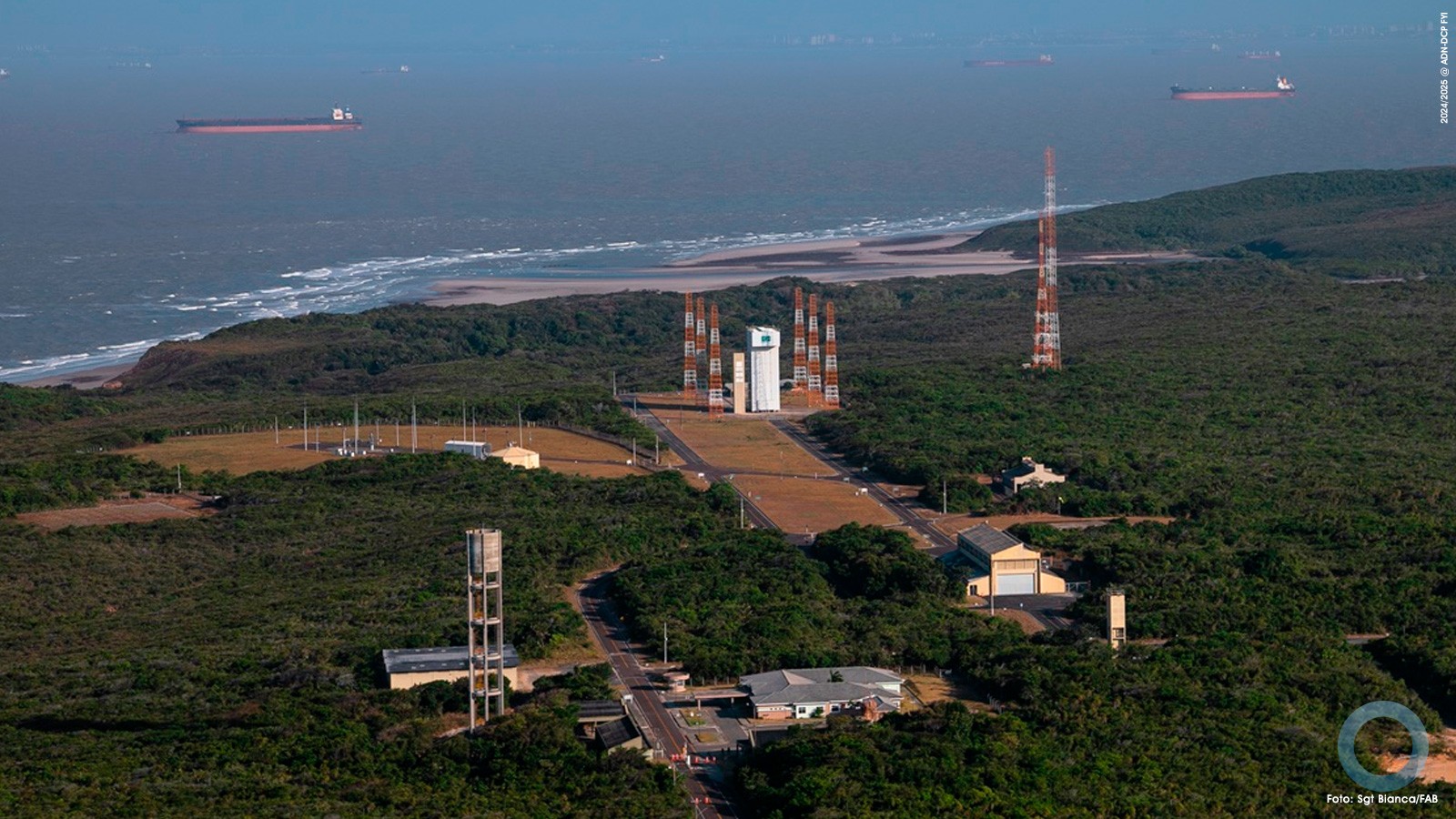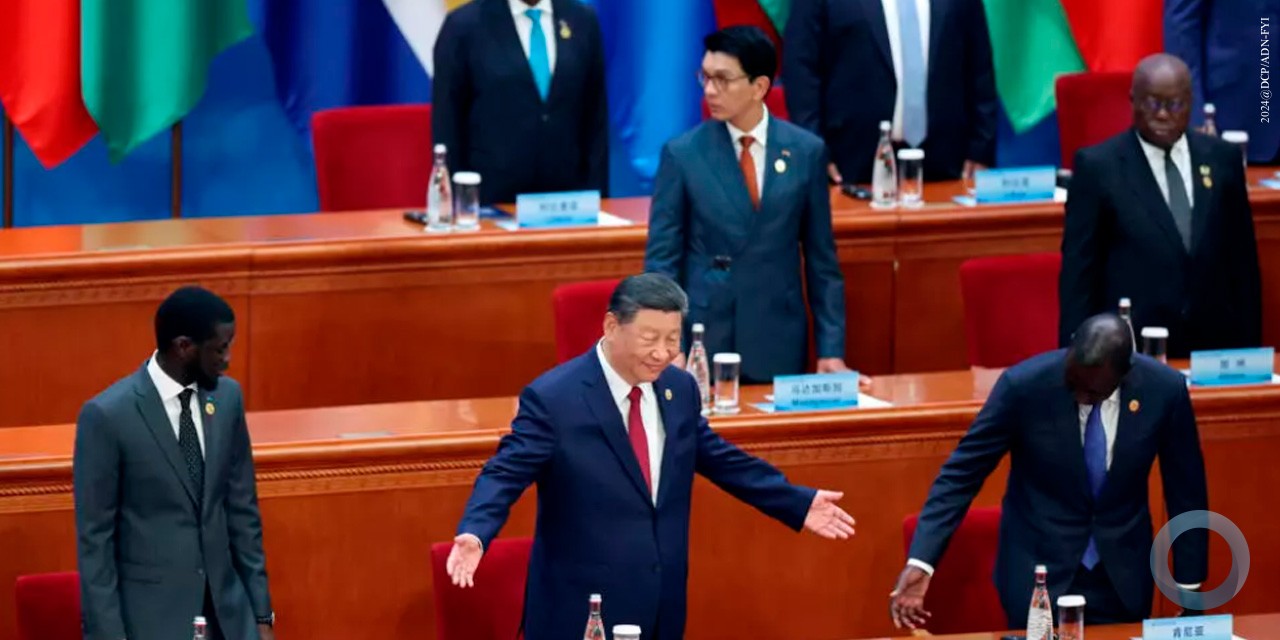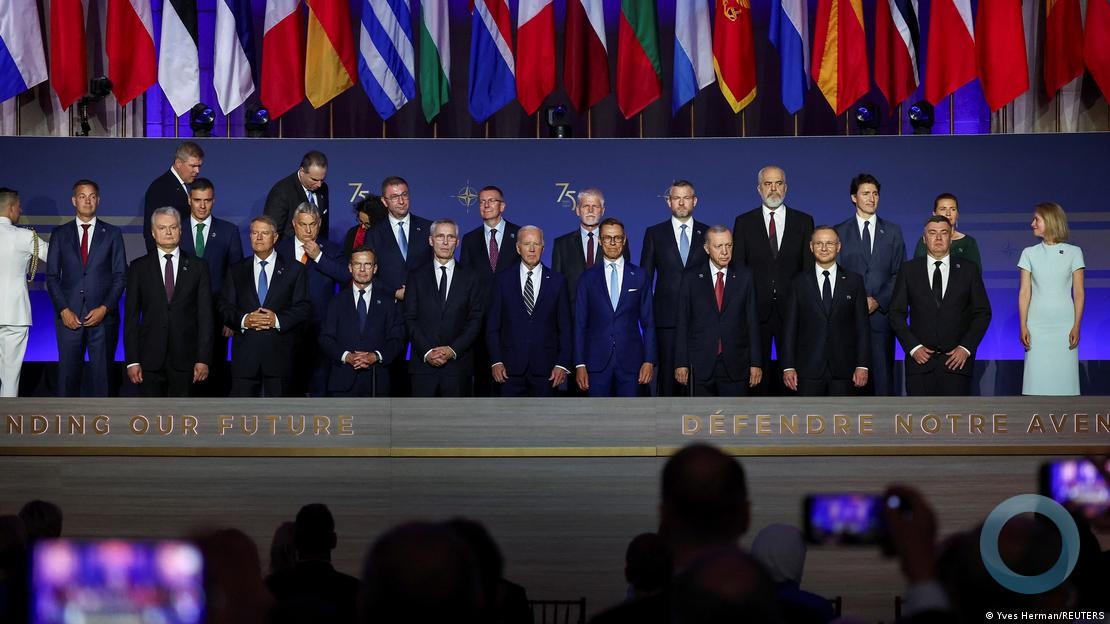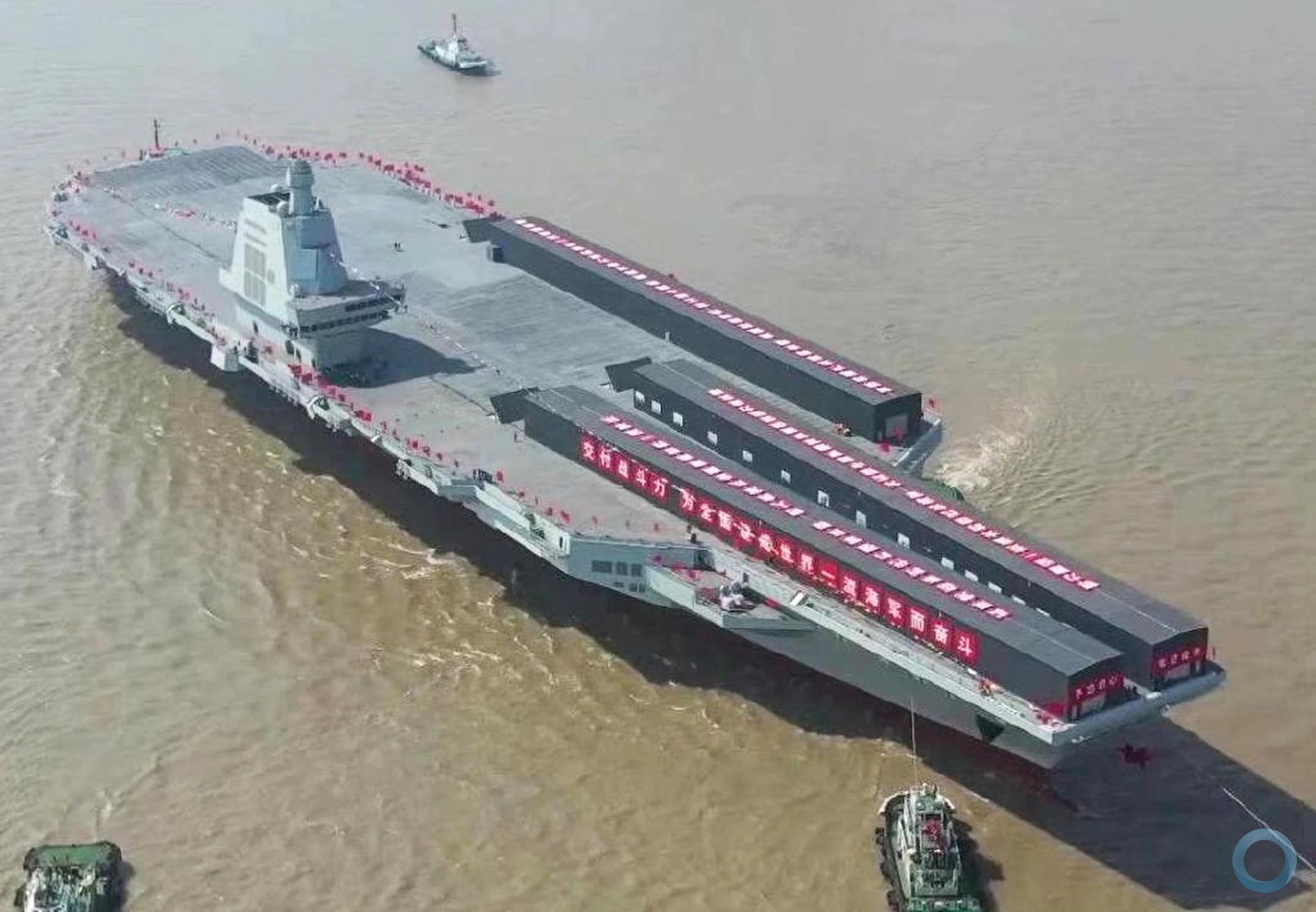Chinese state media on Friday warned that the US risked a "devastating confrontation" with China if it blocked Beijing's access to artificial island structures it is building in the South China Sea.
Rex Tillerson, Donald Trump's nominee to become Secretary of State, told US senators he would seek to deny China access to the islands. The former oil executive explicitly said that the territories "are not rightfully China's," and compared Beijing's actions in the region with Russia's invasion of Crimea.
"First the island building stops, and second your access to those islands is also not going to be allowed," Tillerson asserted the message to Beijing should be.
The warning drew ire from official Chinese media, which said any such US actions would risk war between the two global powers. An opinion piece in the Chinese state-owned China Daily newspaper accused Tillerson of "undisguised animosity toward China."
"As many have observed, it would set a course for devastating confrontation between China and the US," said the newspaper's US edition. "After all, how can the US deny China access to its own territories without inviting the latter's legitimate, defensive responses?"
'Most radical statement'
A separate editorial on the English website of China's state-owned Global Times newspaper speculated that Tillerson's "bluster" might be "just a bluff" for the US Senate, which must approve his nomination.
The editorial noted that Tillerson – former boss of ExxonMobil – had also mentioned that US and Chinese economic and security interests were deeply intertwined.
"It is not clear which point, among the many he made, he will prioritize. But it is worth looking at his remarks that China should not be allowed access to the islands, since this is the most radical statement from the US side so far," said the editorial.
"The US has no absolute power to dominate the South China Sea. Tillerson had better bone up on nuclear power strategies if he wants to force a big nuclear power to withdraw from its own territories."
Satellite photos show China has built military facilities in the contested waters, also claimed by the Philippines and Vietnam, among others.
Beijing stays diplomatic
Washington claims Beijing's activities in the region threaten freedom of navigation around the strategically vital waters. However, the administration of US President Barack Obama has not taken a position on the ownership of the islets and reefs of the South China Sea.
China's official reaction to Tillerson's comments was muted, with foreign ministry spokesman Lu Kang advising Washington not to get involved.
"The South China Sea situation has cooled down and we hope non-regional countries can respect the consensus that it is in the fundamental interest of the whole world," he said.
China has reclaimed more than 3,000 of acres of land, building military-grade infrastructure on reefs and islets mostly in the Spratly Island chain.
Tension over the South China Sea was expected to be a topic of conversation during Secretary of State John Kerry's visit to Vietnam, with the country seeking US support over China's actions in the potential conflict zone.






























